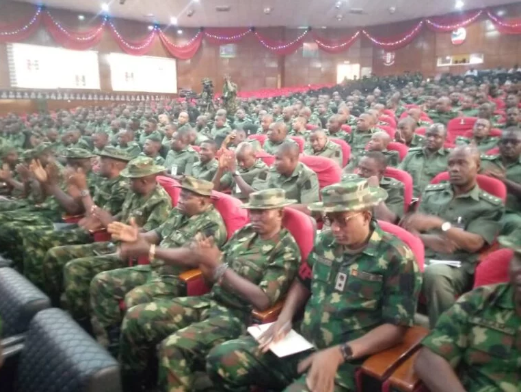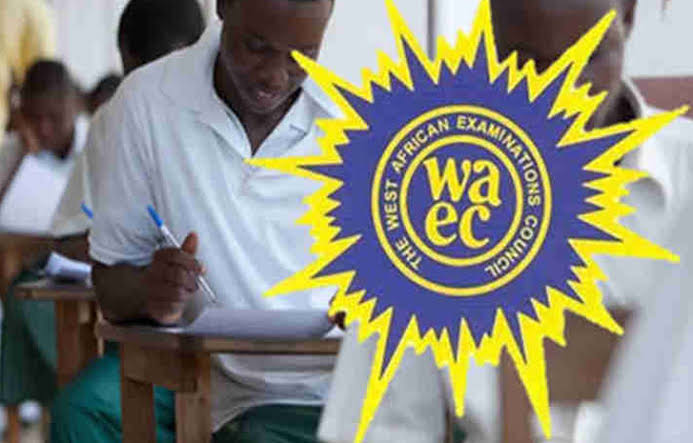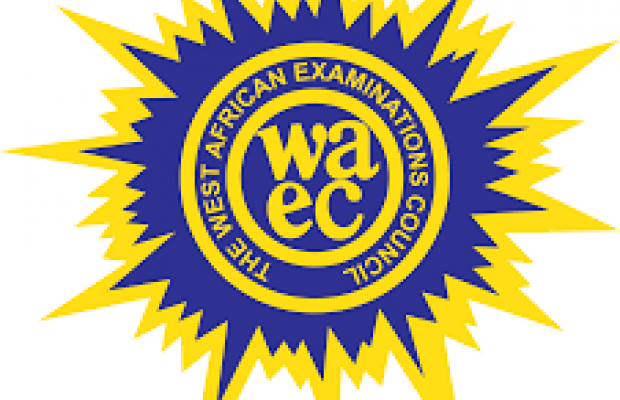The National Examinations Council (NECO) says it’s stepping up efforts to stem examination malpractices fuelled by internet fraud, especially the leak of examination questions via the WhatsApp platform.
Mr Ahmed Bagwai, NECO’s Chairman of the Annual Posting Calendar Implementation Committee (APCIC), stated this in an interview with NAN in Ibadan on Wednesday.
Bagwai revealed that the council had initiated legal processes to obtain a court order to block identified telephone lines linked to these leaks.
He said that a motion ex parte had already been prepared with additional input expected before filing at the Suleja Division of the Niger State High Court.
According to him, NECO also operates an Examination Intelligence Committee, working in collaboration with agencies such as the ICPC, EFCC, and the Nigerian Communications Commission (NCC).
“These efforts have made it more difficult for fraudsters to access live question papers a day or two before the exam.
“However, leaks persist just hours before scheduled papers.
“Distributions are tightly monitored from the printing press to custodian points, but we are still identifying suspicious patterns at the non-daily custodian level, possibly supervisors,” Bagwai noted.
He, therefore, called on the public, media, and security agencies to work together to safeguard the integrity of national examinations.
However, while monitoring the ongoing NECO exams, NAN observes that dedicated WhatsApp channels have become marketplaces for leaked exam content.
For instance, questions were observed being sold for as little as ₦500 to ₦3,500 via Fintech platforms, reaching candidates across different states.
Furthermore, some teachers and supervisors were allegedly observed aiding the malpractice by taking bribes from students and parents.
An Ibadan-based teacher, who prefers to be anonymous, confirmed the existence of such channels and expressed concern that even joint state entrance exams are no longer immune.
“Social media, societal values, and parental complicity are fuelling the crisis,” said the teacher.
The teacher, therefore, called for stiffer penalties and community vigilance, emphasising that the crisis has become a threat to the future of education in Nigeria.
“It has become a booming underground business,” another source disclosed.
Meanwhile, a former Commissioner of Police and JAMB security consultant, Mr Fatai Owoseni, told NAN of how perpetrators now exploit digital tools.
According to him, the use of ‘face-blending’, which is the merging of faces for impersonation during biometric exams, is trending.
“Exam malpractice is now an industry as candidates hire mercenaries.
“JAMB has invested heavily in digital defence but still faces hacking attempts,” said Owoseni, who is also the Special Adviser on Security Matters to Gov. Seyi Makinde of Oyo State.
Praising JAMB’s digital transformation under the leadership of Prof. Ishaq Oloyede, he advised NECO and WAEC to work closely with JAMB.
“The way forward is collaboration and cautious adaptation of CBT,” he added.








